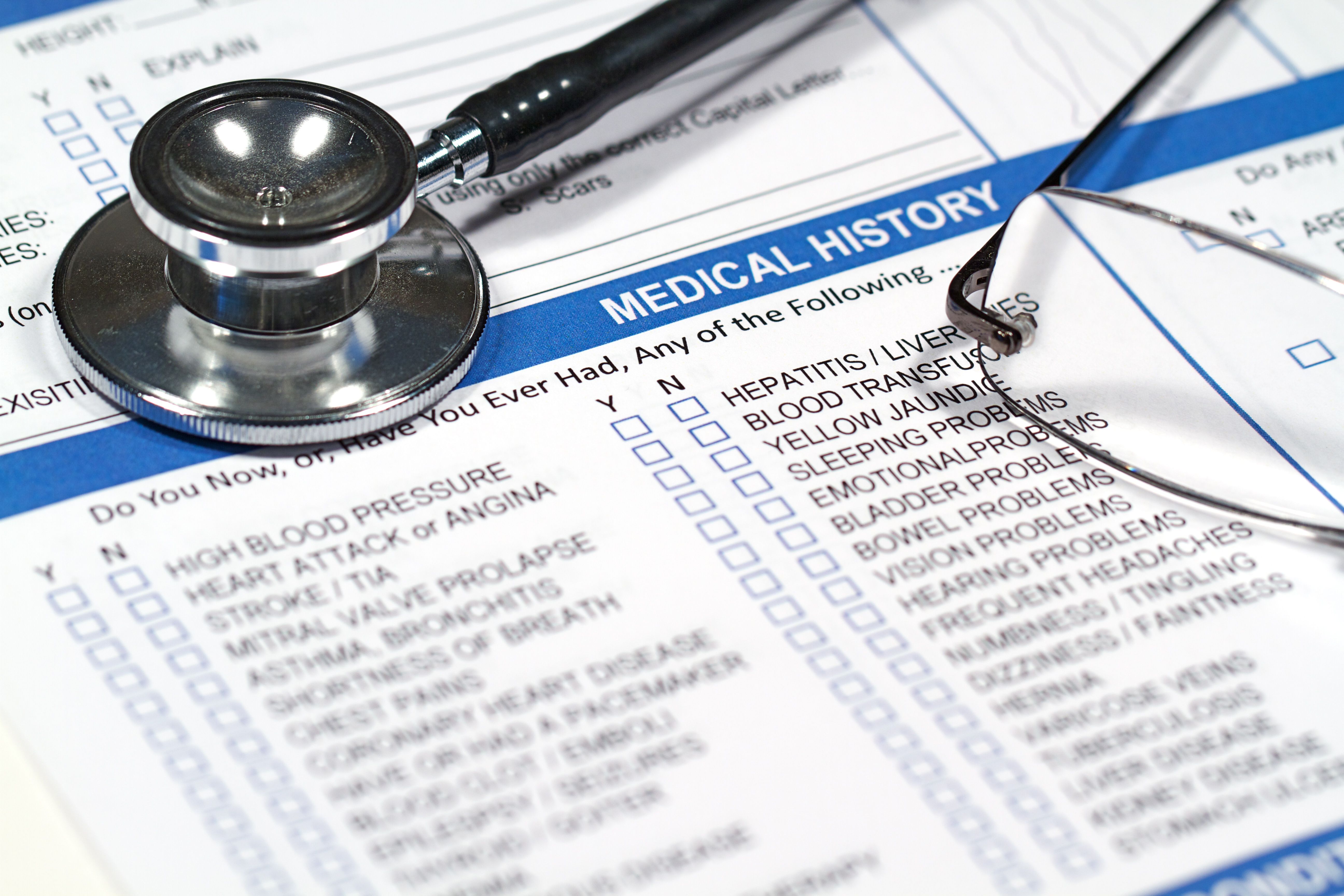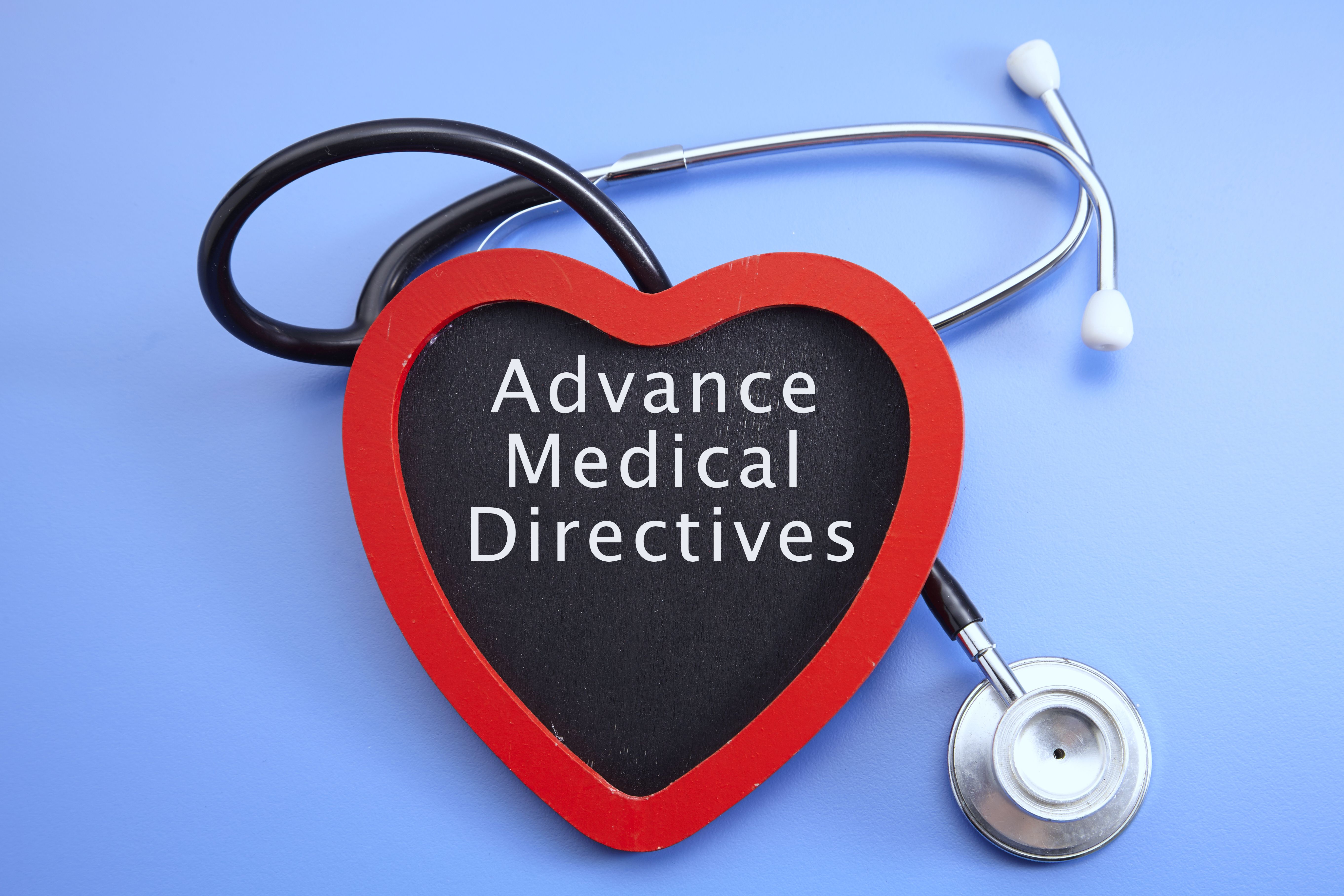Planuary: Organizing For The New Year
If the turn of a new year inspires you to finally get your life in order, we get it.

Of all the New Year's Resolutions you may have, we’re fully equipped to help you tackle this one and get organized once and for all.
1. Home Organization

Stop for a second and think about all that goes into running a household. From the mortgage, to the maintenance, to the bills. It’s a lot, right? Now imagine your family trying to piece all of that together without you around to help. To prevent this sad fate, gather up the following for every piece of property you own or rent:
Ownership details (mortgage or rent details, where’s the deed or lease?) | Insurance info | Utilities (yes, all of them) | Vendors & Services | Security (example: how can someone you trust gain entry if they needed to?)
- Dig Deeper: Home Info You Need To Get Organized
2. IDs (For Yourself And Your Family)

List out where you keep the following important forms of ID and offer some extra details about the other things we mention here (examples: college major, first job):
Driver’s License | Passport | Social Security Card (or number) | Religious or Spiritual Affiliations | Clubs & Affiliations | Degrees & Certifications | Military Service Record
- Dig Deeper: Organize All Your IDs And Personal Info
3. Money & Assets

Do you know where all your money is? There could be an old checking account you never closed, some stocks you forgot about, or benefits you’ve yet to collect. For various financial accounts, holdings, investments, loans, and other arrangements, you'll need to gather different types of information including account details and important contacts. Here’s how to identify and break it down so your family can make sense of it all:
Financial Accounts (checking, savings, investments, valuable assets) | Credit Cards | Loans | Trusts | Safe Deposit Box
4. Important Documents

Have you ever watched a show about hoarders? Even though the gross stuff is the most compelling, hoarding doesn’t only apply to furniture, expired food and doll collections. It’s also about paperwork. The stuff you throw in drawers and boxes in case you need it. The stuff you never really get around to sorting because you’ve got more pressing things going on in your life. Here are types of paperwork you should gather in an easy to find folder:
Personal Info | Medical | Financial and Legal Accounts | Utilities and Services | Professional Contacts
5. Plans For Your Pets

Most pets are part of the family and should never be forgotten if something happens to you. Here are the details you need to document and share:
Pet Type | Age (ideally, the birthday if you know it and it’s that type of pet) | Veterinarian | Guardian | Health & Diet Needs | Likes & Dislikes
- Dig Deeper: Info To Share About Your Pets
- Listen & Learn: Pet Parenting 101
6. Life Insurance

For those with an active Life Insurance policy, either Term or Whole Life, you need to share those details with the beneficiaries. First and foremost: Make sure you let your family know what policies you have and which companies you got them through. To make things even easier, share the details like policy number, expiration date, and contact info for your insurance agent. If you have coverage through your job, be sure and share those details. If don’t have any Life Insurance and you have a family, definitely look into getting some before it’s too late.
- Dig Deeper: All You Need To Know About Life Insurance
7. Work History & Benefits Info

How you spent your career often says a lot about how you spent your life. Whether you worked for companies, ran your own place, or freelanced, it’s a big part of who you are so keep track of the following:
Name of Company/Job | Job Duties | Duration | Current/Former Co-workers that made a positive impact | Additional Details like achievements, promotions, or awards.
Never leave are benefits you earned throughout your life — often through your job or service in the military — on the table. Share the relevant info with your family or else the things you worked so hard for could disappear into a bureaucratic void. Here are the types of benefits to organize and share:
Pensions | Social Security | Military | Disability | Other Annuities or Benefits (example: Child or Spousal Support, Longevity Insurance, Lottery or Prize, Reverse Mortgage, Legal Settlement)
8. Vehicles

What do you drive, ride, row, or sail? Gather up the following info on your rides/bikes/boats or other modes of transport:
Make Model | Ownership Papers/Lease Info | License Plate | Insurance | Vendors & Services | Security & Care
- Dig Deeper: Vehicle Info You Need To Organize
9. Digital Property & Assets

You probably have at least 20 digital accounts that you use regularly (email, social media, banking/payment, shopping, benefits, entertainment, online storage) and bunch more that you use every once in awhile. Think Gmail, Facebook, Amazon, Netflix, and all the others that are now part of your daily routine. Get them sorted once and for all so you or your family will never get locked out.
- Dig Deeper: Overview Of All Your Digital Property And Digital Assets
- Listen & Learn: What’s a Digital Estate?
10. Passwords

Where do you store all your passwords? You don’t have to tell us (in fact, don’t tell us), but you need to tell someone in case they need to access your accounts for whatever reason. If you use a password manager (Lastpass, Dashlane, OnePassword, etc…), what’s the master password? If you don’t use one, how do you keep track of them all? Digital document? Notebook? Carrier pigeon?
- Dig Deeper: The Four Most Popular Password Managers
11. Medical Information

Medical History
Your medical history can help determine what you’ve been through or what you’re going through. This includes documents (x-rays or MRI results), a list of medication you take (name, dosage, how do you obtain it), allergies you manage, chronics injuries or illnesses, and any medical equipment currently around (or in) you. List it out in one place so you or your loved ones don’t have to explain the same things over and over again to doctors, insurance companies, or anyone else who may need it.
Doctors
Who are the doctors, specialists, care providers, pharmacists, and other medical professionals that keep you feeling good and fit? Make sure your family knows who to contact in case they have any questions or concerns about your level of care.
12. Health & Medical Documents

Health Insurance
Health insurance can get very complicated very quickly, especially when you or a dependent have a medical emergency. Keep it simple by listing out the following:
Type (private or public) | Carrier Name | Related ID Numbers | Dependents | Benefits Contact (if applicable) | Online Portal Login Details.
- Dig Deeper: Organize Important Health Insurance Information
Advance Directives
An Advance Directive is a legally-binding document for how you want to be treated in a medical emergency or at the end of your life. It sounds complicated but it’s not. In fact, you can get it done right now. For free!
- Find your state’s form here
- Download it
- Print it out
- Fill it out
Most importantly: Make sure you keep this in a place where people can find it if they need it.
- Dig Deeper: All You Need To Know About Advance Directives
13. Storage

Ever drive around and think: “Wow, there seems to be a ton of storage facilities everywhere now.” That’s because there are. If you have one you need to let someone know how to access it. It’s also a good time to figure out if you even need it. Why pay rent for stuff that does nothing but sit in a locker all day?
14. Eldercare Arrangements

When it comes to planning for those later years in life, it’s all about letting your family know what you want. From there, how do you make those wishes a reality? The four pillars that should guide your choices:
Health: Will you need constant and immediate access to doctors and nurses?
Finances: Long term care can be very expensive so how will you pay for it?
Location Of Family: Do you want to be near family or is that not an option?
Independence: Do you need to do everything on your own or are you ok with others pitching in to help?
15. Recipes

Make sure future generations can enjoy your best recipes for years to come. Whether it’s something passed down from your grandparents, or something you created yourself, don’t deprive others of its delectableness. Here’s the info you should include:
Name of Recipe | List of Ingredients | Cooking Instructions | Additional Instructions & Tips.
- Dig Deeper: The Best Ways To Save Family Recipes
16. Legacy & Ethical Will

This is the story of your life. Think of all the personal lessons, tips, and knowledge you’d like to pass on, whether it’s information about your family history, favorite recipes, or the history behind photos or possessions.
It can be difficult to even know where to start, so we separated this stuff into manageable pieces to help you get started.
- Dig Deeper: How To Make Sure Your Legacy Lives On
An “Ethical Will” sounds so serious and official, but it’s really all soft and mushy. (In a good way.) It allows you to communicate your personal stories, memories, values, preferences, accomplishments, and beliefs to your family. You should also write individual letters to the people you care about most so they know how much you loved them. Check out our Ethical Will Worksheet for inspiration and you’ll soon realize this is probably the most fun (and addictive) aspect of planning.
- All The Information You Need To Share About...It’s incredibly sad to think of our pets without us, but here’s your chance...Read more
- Estate Planning For Your PetsAmerica is approaching a belly rub crisis. Or, in the case of cats, that...Read more
- What To Say To Someone Grieving The Loss Of A PetFor most people, it’s not just a dog, cat, or other domesticated animal....Read more
- When To Discontinue Treatment For Sick PetsPets rely on us for food, shelter, and for us to make all their health...Read more



